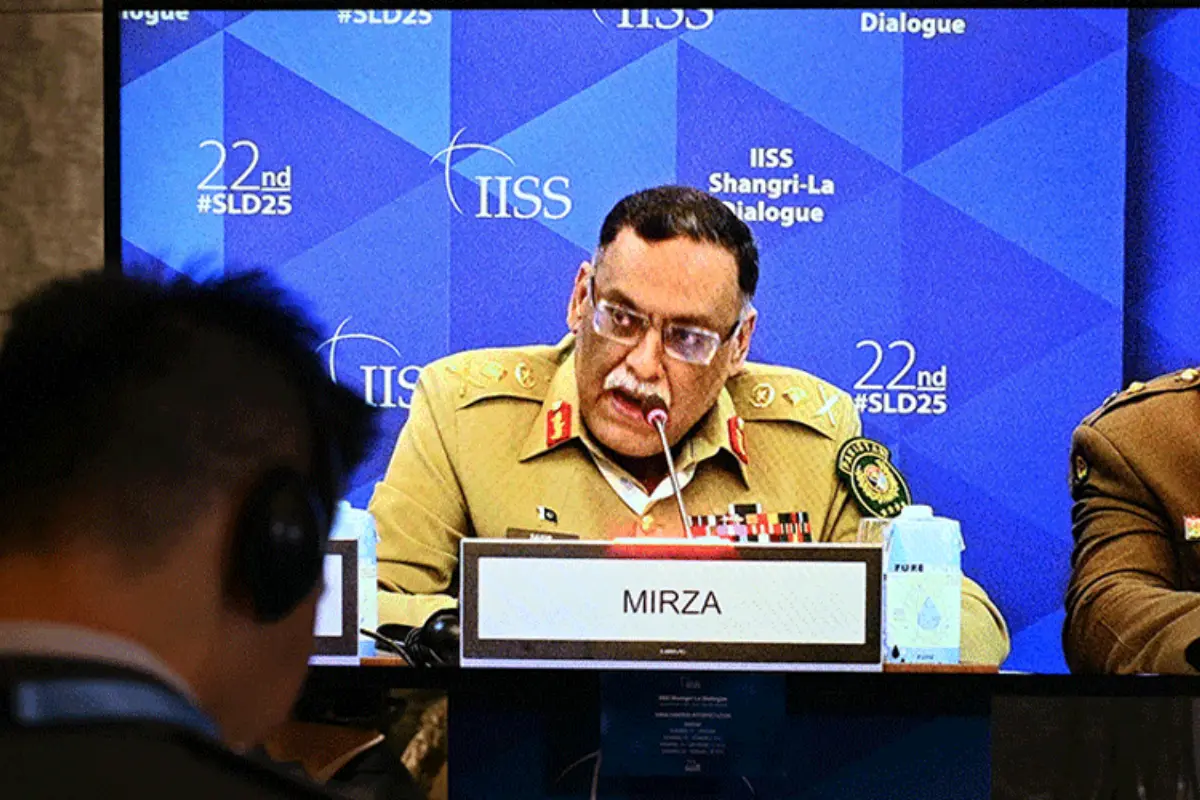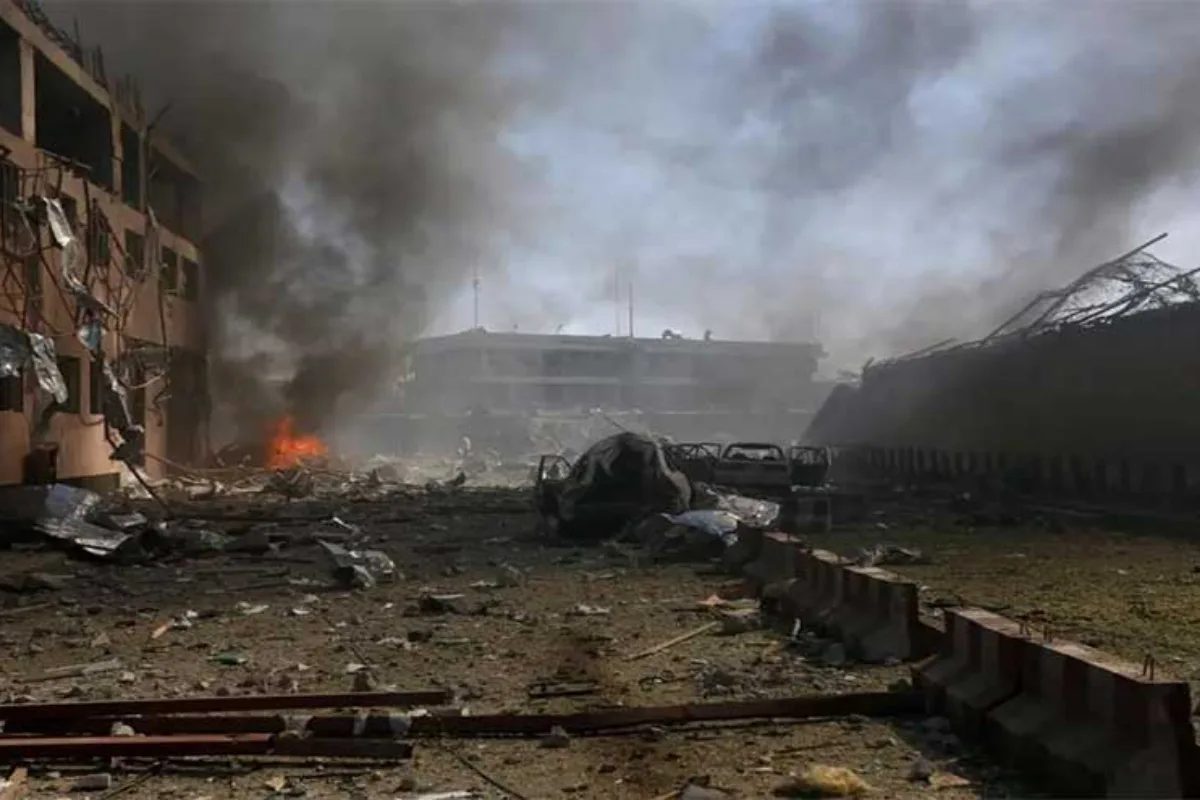India’s Pursuit of Regional Dominance Threatens Peace Across South Asia: CJCSC

India’s Pursuit of Regional Dominance Threatens Peace Across South Asia: CJCSC
Pakistan’s Chairman Joint Chiefs of Staff Committee (CJCSC) , General Sahir Shamshad Mirza, issued a strong warning regarding India’s pursuit of regional dominance, stating it undermines conflict resolution and threatens peace across South Asia.
Speaking at the Shangri-La Dialogue in Singapore, a prominent global security forum, General Mirza emphasized that effective security arrangements require mutual trust and inclusive participation. He called for the creation of a structured and comprehensive crisis management framework in South Asia and the broader Asia-Pacific region.
“Stability in the region must be built on trust, patience, and mutual respect—not just military power,” he said, pointing to persistent challenges such as the Kashmir conflict, rising tensions among India, Pakistan, and China, and the ongoing instability in Afghanistan.
General Mirza noted that the presence of nuclear weapons in the region significantly heightens the risk of miscalculation, stressing the need for open and effective communication to prevent unintended escalation.
CJCSC criticized India’s growing military posture and support from Western countries, arguing that New Delhi prioritizes regional dominance over peaceful resolution. “India’s drive for hegemony has led to a clear disregard for meaningful dialogue,” he said.
Citing recent confrontations between India and Pakistan, General Mirza warned that the threshold for war has dangerously lowered, posing a serious threat to the lives of over 1.5 billion people in the region. He condemned India’s threats against civilian areas and its attempts to unilaterally alter the Indus Waters Treaty, calling these actions “existential threats” and potential declarations of war.
Despite ongoing tensions, General Mirza reaffirmed Pakistan’s commitment to dialogue and diplomacy, asserting that peace can only be achieved through negotiations based on mutual respect, equal sovereignty, and dignity.
Expanding his focus to the Asia-Pacific, he raised concerns about intensifying military rivalries among global powers and cautioned against imposing external security structures without regional participation. He advocated for the use of existing bilateral, regional, and international mechanisms rather than forming new frameworks.
On a broader global level, CJCSC criticized the erosion of international norms, warning that power politics and narrow alliances have replaced multilateral cooperation, while state sovereignty and international law are increasingly being ignored.
He underscored the need for established rules of engagement, routine military exercises, and crisis management protocols. Emerging technologies like artificial intelligence and cyber warfare, he said, complicate crisis response and reduce decision-making time, posing new risks to stability.
Highlighting the dangers of misinformation and narrative manipulation, CJCSC cautioned that strategic miscommunication is further inflaming regional tensions.
Concluding his remarks, General Mirza reiterated Pakistan’s long-standing stance on Kashmir, calling for a resolution in accordance with United Nations resolutions and the aspirations of the Kashmiri people as essential for lasting peace in the region.
Catch all the Pakistan News, Breaking News Event and Trending News Updates on GTV News
Join Our Whatsapp Channel GTV Whatsapp Official Channel to get the Daily News Update & Follow us on Google News.














